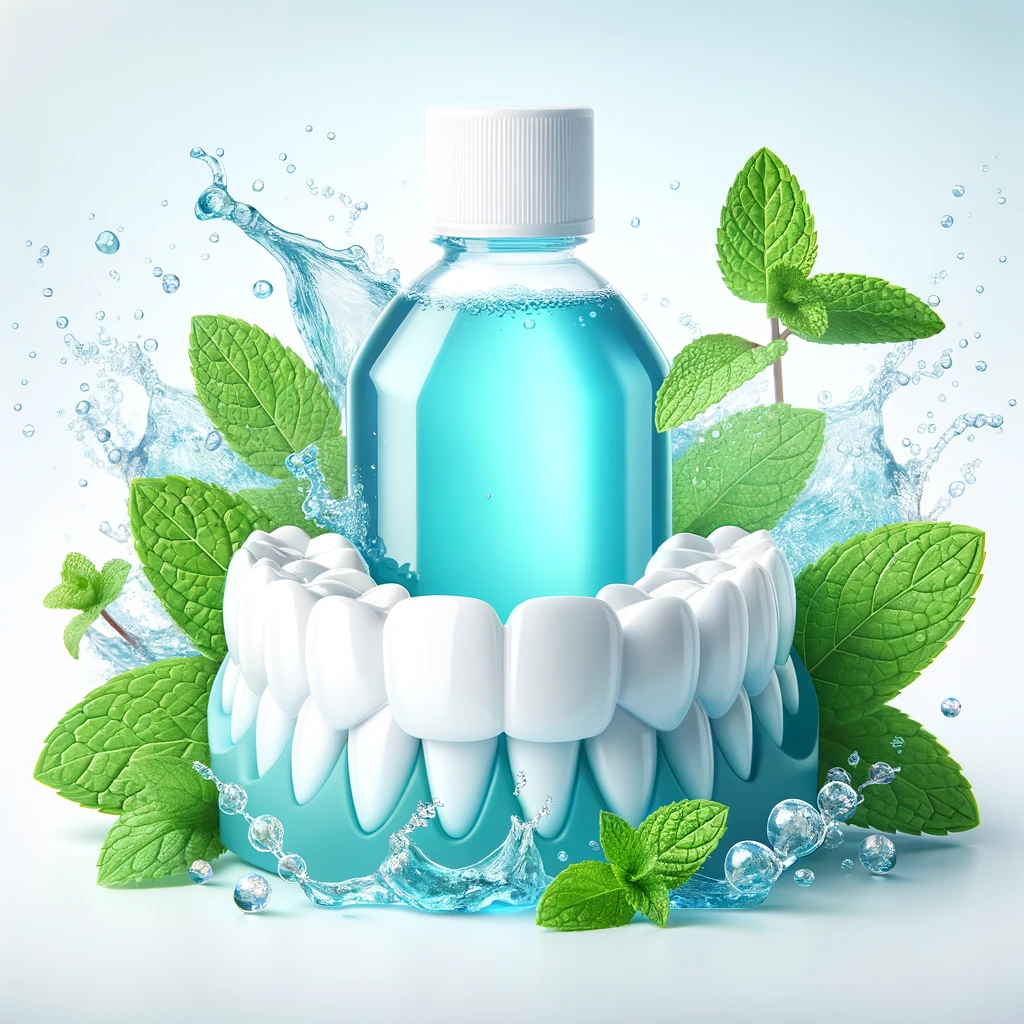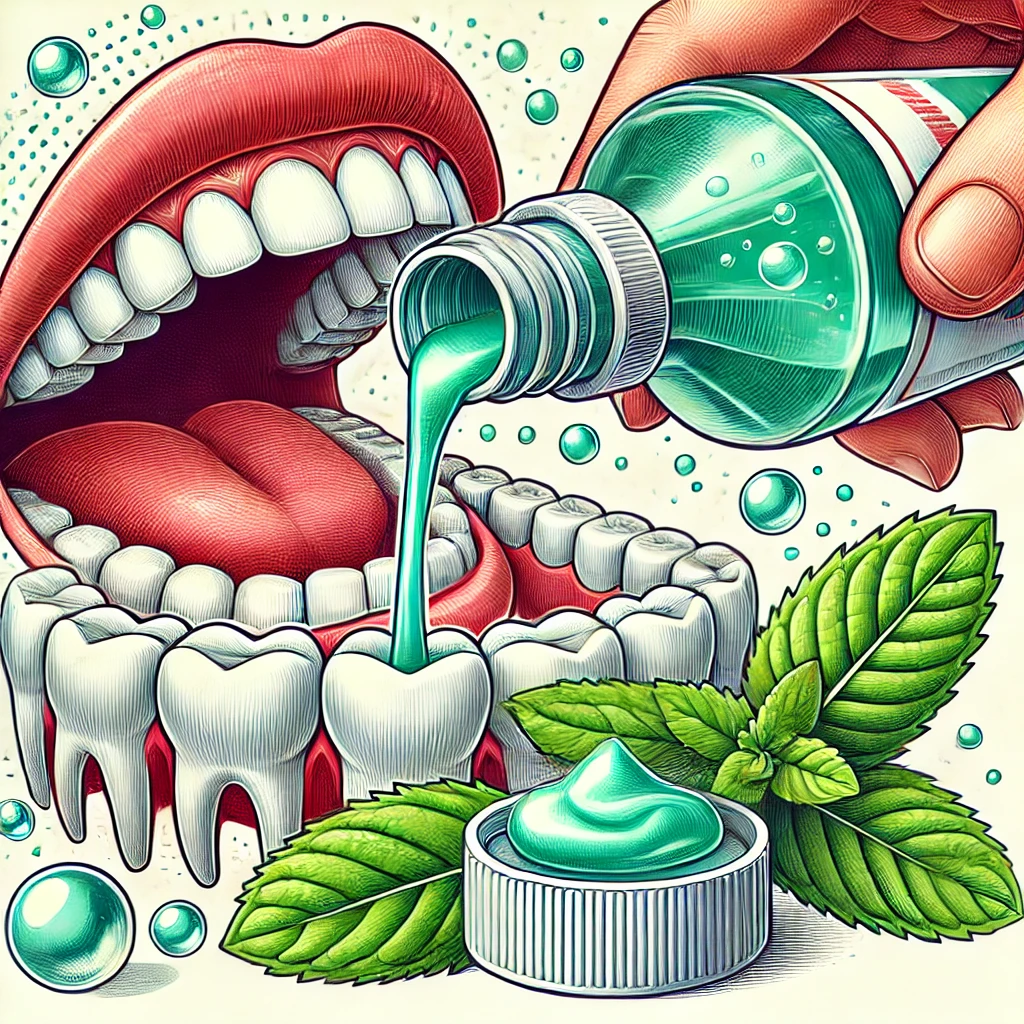Mouthwash not only helps to eliminate bacteria from the mouth, it can also have a soothing effect on certain conditions. Will it help with gingivitis?
How do you know if you have gingivitis?

This condition is the beginning of periodontal disease, which consists of inflammation and infection that destroys the tissue that supports the teeth : gums, ligaments, bone…
It is caused by the accumulation of plaque on the teeth, which form small deposits of this sticky material. These function as protection from bacteria, mucus and food residue. If not removed, it becomes a hard deposit commonly known as tartar, or calculus.
How does mouthwash help fight gingivitis?
One thing needs to be made clear: Using mouthwash does not eliminate gingivitis (for that you will have to go to your dentist), but rather it serves as a preventative measure and helps reduce its effects .
There is a wide variety of brands on the market, as well as various variants depending on customer needs.
If you suffer from gingivitis, what you need is a mouthwash that treats gum inflammation and, above all, that contains chlorhexidine .
What is chlorhexidine?
It is an antiseptic with a strong bactericidal and fungicidal action . For this reason it is widely used in dentistry to cure minor injuries to the oral mucosa, or to treat periodontal diseases.
Its function is to eliminate and prevent bacterial growth , with its disinfectant components that prevent bacteria from reproducing in the mouth. In other words, if it contains this component, it will be the perfect mouthwash to reduce gum inflammation while eliminating bacteria.
Do you have any contraindications?
Chlorhexidine is not bad as long as it is not abused and is applied correctly.
Its negative effects include taste alterations and stains on gums and teeth , but only if it is overused. Once a treatment is finished, these effects disappear.
So remember: You can use mouthwash for inflamed gums that contains this ingredient, but strictly follow the instructions from your dentist and the manufacturer.
How to use mouthwash with gingivitis?
Of course, it is important that you go to the dentist so that they can advise you on the procedure to follow depending on how advanced the disease is.
Our advice? Follow these steps every time you brush your teeth:

- Brush your teeth after every meal (at least three times a day), using a toothpaste specifically designed to combat plaque.
- Make sure the brush has soft bristles, so that it does not damage the gums or be annoying.
- To remove food from between your teeth, use dental floss.
- Rinse your mouth with mouthwash.
- Do not rinse your mouth with water after using it.
- Wait at least 30 minutes before drinking or eating anything.
If you find flossing uncomfortable, you can use a water flosser , which has also been shown to be very helpful for those suffering from gingivitis or periodontitis.
And, although it should go without saying, you should quit tobacco, which is harmful to your teeth, and control your alcohol consumption.


